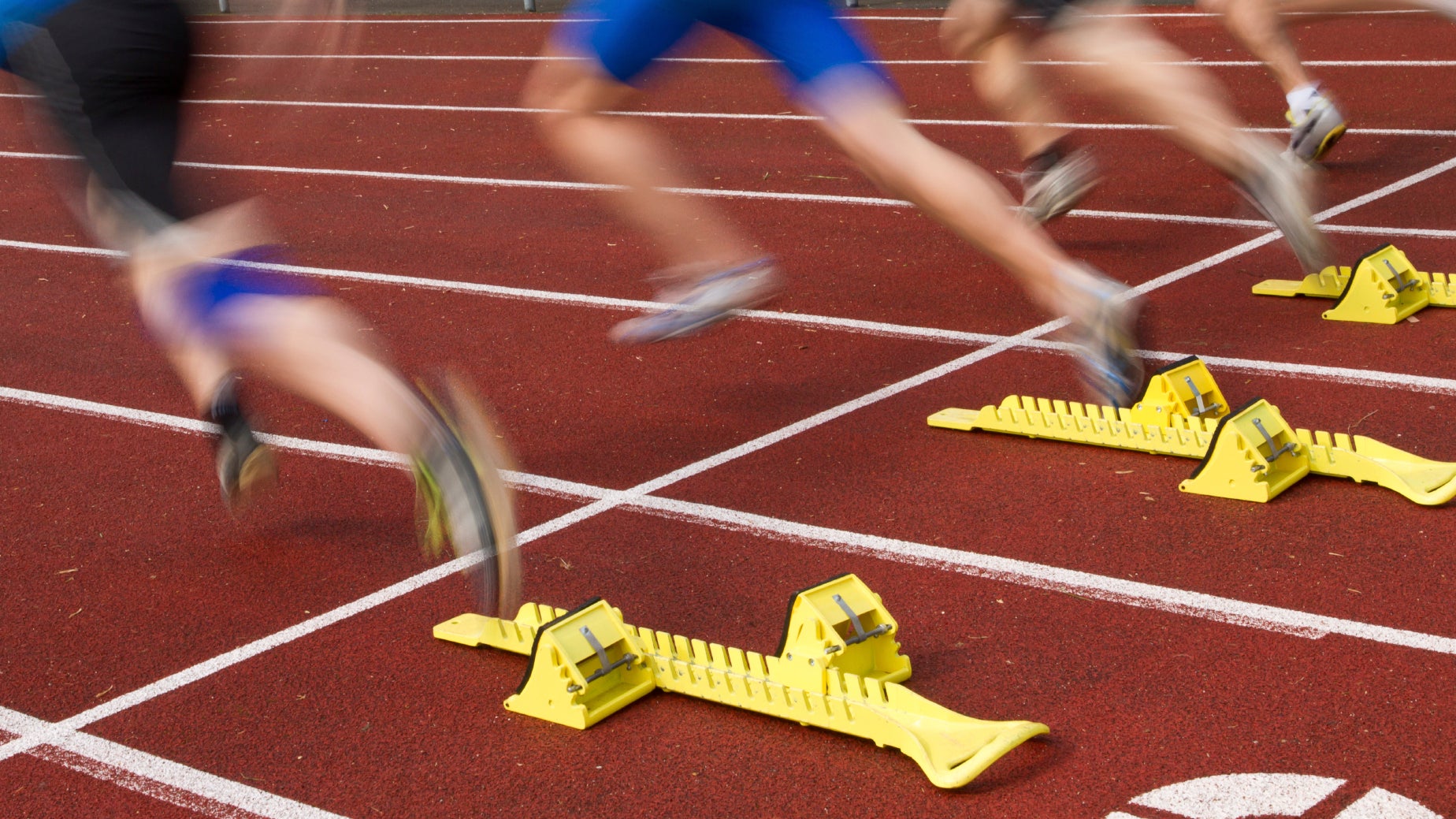The clean-up of athletics must start at the top
In partnership with Sheffield Hallam University

Your support helps us to tell the story
From reproductive rights to climate change to Big Tech, The Independent is on the ground when the story is developing. Whether it's investigating the financials of Elon Musk's pro-Trump PAC or producing our latest documentary, 'The A Word', which shines a light on the American women fighting for reproductive rights, we know how important it is to parse out the facts from the messaging.
At such a critical moment in US history, we need reporters on the ground. Your donation allows us to keep sending journalists to speak to both sides of the story.
The Independent is trusted by Americans across the entire political spectrum. And unlike many other quality news outlets, we choose not to lock Americans out of our reporting and analysis with paywalls. We believe quality journalism should be available to everyone, paid for by those who can afford it.
Your support makes all the difference.Sports law and arbitration has been at the forefront of media attention after the World Anti-Doping Agency (WADA) revealed the findings of its report into illegal practices in athletics.
Gregory Ioannidis, a sports lawyer who practises before the Court of Arbitration and has represented athletes who have been banned or face bans, is in no doubt about how the embattled sport can begin the clean-up.
He says: "It is clear to me that organisations such as the IAAF [International Association of Athletics Federation] need to clean up their own situation before they can impose sanctions on others."
Spurred on by his ongoing work in this area and convinced by its importance in modern law, Ioannidis has begun plans to develop a sports law course at Sheffield Hallam University, saying that there is a clear need for a new generation of sports lawyers to rise to prominence.
He says: "The implications arising out of the current investigation are enormous, not just for the individuals concerned but also for the sport as a whole. The WADA report makes reference to facts, pieces of evidence and possible anti-doping violations that are neither legally nor morally acceptable. The content of the report can only be described as shocking, but for those who have been acting against the IAAF in anti-doping matters, such content is not surprising.
"It confirms several suspicions that the sport is not clean. This time it becomes evident that it is not only the athletes who are at fault, but also those who have been entrusted with the safeguarding of the sport, the athletes’ health and the level playing field.
"There is no doubt that fairness, transparency, accountability and integrity are no longer present. The sporting governing body responsible for international athletics has damaged its own existence and the image of its sport beyond repair. The report recommends sanctions for a certain country. But before any sanctions could be applied against any countries, it is the IAAF that needs to rule upon itself. Self-regulation is at its lowest point and there is no legal or moral remedy to compensate for the damage done.
Dr Ioannidis says any future sports law graduates will certainly face a tough grounding in the complexities of the subject.
Ioannidis says: "This is a big moment for international athletics and a crucial time for the unreliable self-regulation of sport. This is the time where the rulers need to rule upon themselves.
"Given the enormous publicity this matter has generated, the relevant bodies must now work swiftly to ensure that fairness and transparency are present and applied. If the allegations are proven, there are a number of innocent athletes who have missed out on potential earnings as well as the glory and publicity that come with a place on the podium.
"The IAAF and the IOC have a moral and legal duty to ensure that no questions remain unanswered.
"Both have an enormous responsibility to ensure the application of transparency and fairness. It must immediately investigate this matter and take appropriate action."
Ioannidis argues that the rehabilitation of athletics' tarnished reputation will rest in the hands of a new generation of sports lawyers, representing athletes themselves and the various agencies and courts who will be drawn into the enquiry into corruption at the top levels of the sport.
Any investigation must be done with certainty, clarity and consistency. Such actions are lengthy, time-consuming and extremely uncertain. One thing is definite, and that is that the present situation constitutes a huge blow for international athletics.
Join our commenting forum
Join thought-provoking conversations, follow other Independent readers and see their replies
Comments